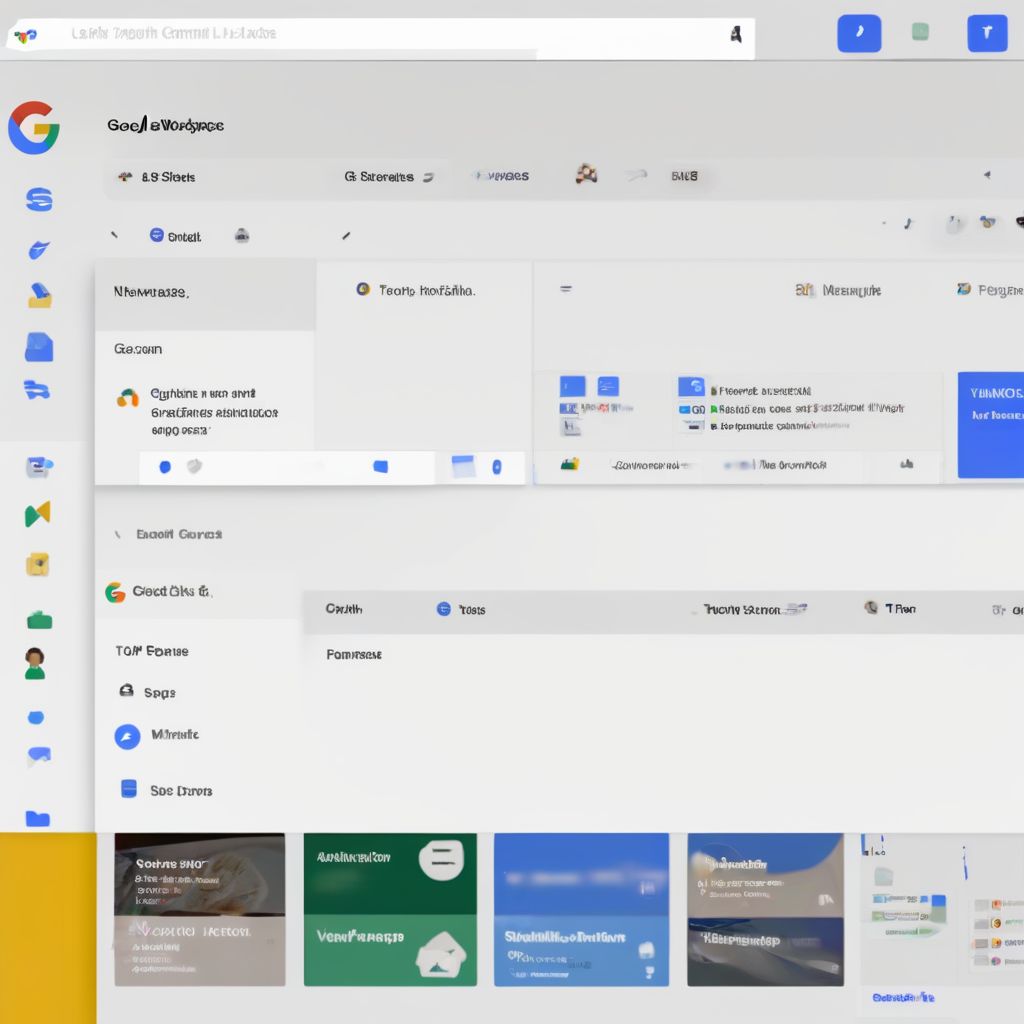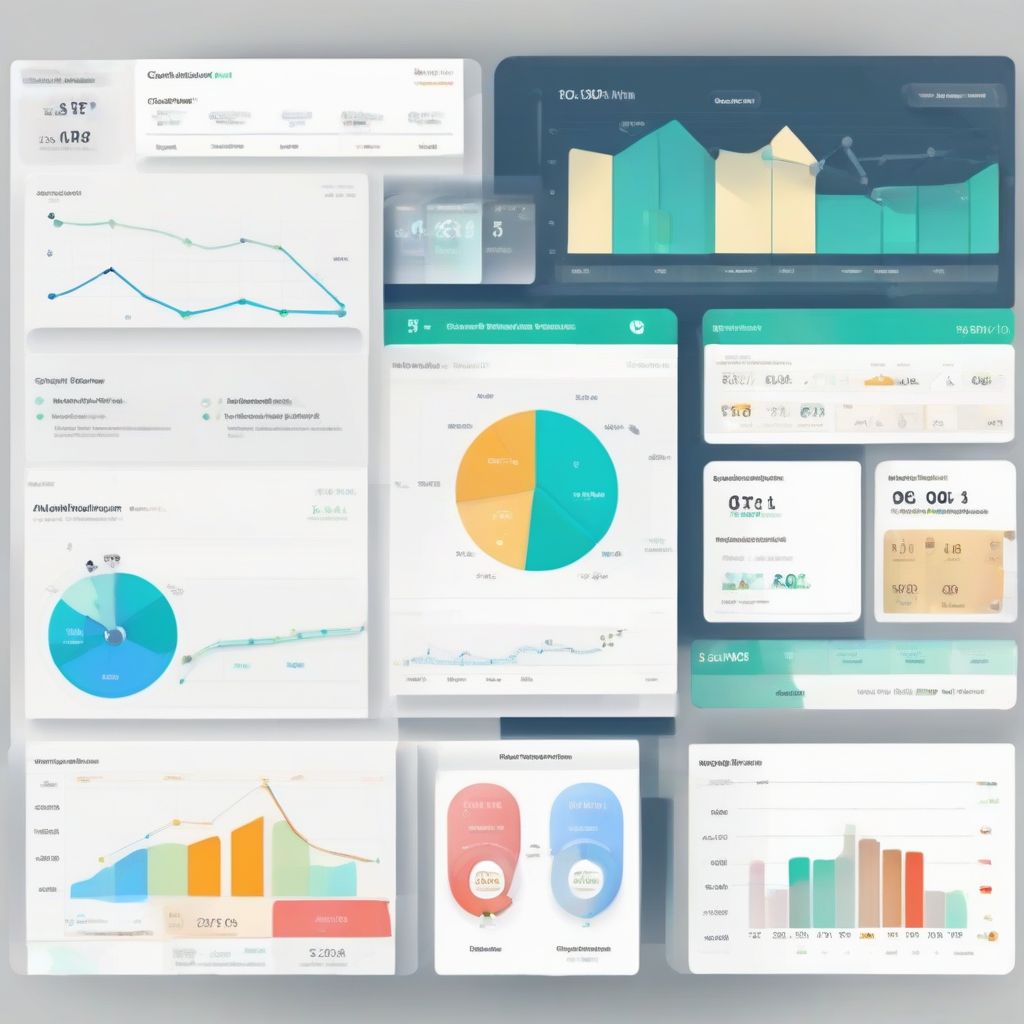Imagine a world where your CRM system could anticipate your customers’ needs, nurture leads on autopilot, and personalize every interaction. Sounds pretty great, right? Well, that’s the power of Marketing Automation In Crm.
This powerful combination is revolutionizing how businesses connect with their customers, and in this article, we’ll delve into exactly what it is, why it matters, and how you can leverage it to drive phenomenal growth.
What is Marketing Automation In Crm?
Let’s break it down:
-
CRM (Customer Relationship Management): A system for managing all your company’s interactions and relationships with customers and potential customers. Think of it as a central hub containing all your customer data.
-
Marketing Automation: Software that automates repetitive marketing tasks like sending emails, segmenting audiences, and nurturing leads.
Marketing automation in CRM is the beautiful fusion of these two powerhouses. It’s about using automation within your CRM to streamline marketing efforts, personalize customer journeys, and ultimately, boost conversions.
Why is Marketing Automation In Crm Important?
In today’s fast-paced digital world, customers expect personalized and timely interactions. Marketing automation in CRM empowers you to meet these expectations head-on, delivering a seamless and engaging customer experience. Here’s why it’s a game-changer:
-
Boost Efficiency: Automate repetitive tasks like sending welcome emails or follow-up messages, freeing up your team to focus on strategy and creative campaigns.
-
Improve Lead Nurturing: Guide leads through the sales funnel with personalized email sequences, targeted content, and automated follow-ups.
-
Hyper-Personalize the Customer Journey: Segment your audience based on behavior, demographics, or purchase history to deliver the right message at the right time through the right channel.
-
Increase Revenue: By nurturing leads more effectively and personalizing the customer experience, you can increase conversion rates and drive sales.
-
Gain Valuable Insights: Track the performance of your automated campaigns, analyze customer behavior, and gain valuable insights to optimize your marketing efforts continually.
 Marketing Automation CRM Visualization
Marketing Automation CRM Visualization
FAQs about Marketing Automation In Crm
Here are some of the questions we hear most often about marketing automation in CRM:
1. What are some examples of marketing automation in CRM?
- Welcome email series: Automate a sequence of emails to introduce new subscribers to your brand and products.
- Lead scoring: Assign points to leads based on their behavior (website visits, email opens, content downloads) to prioritize high-value prospects.
- Personalized email marketing: Segment your email list and deliver targeted content based on customer interests and preferences.
- Social media scheduling: Schedule and automate social media posts across different platforms to maintain a consistent online presence.
2. What are the essential features to look for in a CRM with marketing automation?
- Email marketing automation
- Lead nurturing workflows
- Landing page and form builders
- CRM integration
- Analytics and reporting
3. How do I choose the right marketing automation platform for my CRM?
Consider your business needs, budget, technical expertise, and the specific features that align with your marketing goals.
The Power of Keywords: LSI Keywords and Search Intent
Understanding how people search for information online is crucial for attracting the right audience to your content. That’s where keywords and search intent come in:
- LSI Keywords: LSI (Latent Semantic Indexing) keywords are terms related to your main keyword. Using them naturally in your content helps search engines understand your content’s context and relevance.
Here are some LSI Keywords for “marketing automation in CRM”:
-
CRM marketing automation software
-
Marketing automation tools for CRM
-
CRM with built-in marketing automation
-
Benefits of marketing automation in CRM
-
Best marketing automation platforms for CRM
-
Search Intent: What are people really looking for when they type in a specific query? Understanding search intent is key to creating content that aligns with what your target audience wants.
For “marketing automation in CRM,” search intent could be:
- Informational: Seeking information about what marketing automation in CRM is and how it works.
- Navigational: Looking for specific CRM platforms with marketing automation capabilities.
- Transactional: Ready to purchase a marketing automation tool and want to compare options.
By incorporating LSI keywords naturally and aligning your content with search intent, you can optimize your content for both search engines and human readers.
Conclusion
Marketing automation in CRM is no longer a luxury—it’s a necessity for businesses that want to thrive in today’s competitive landscape. By embracing the power of automation, you can nurture relationships, boost efficiency, and drive revenue growth.
Are you ready to unlock the full potential of your CRM and create effortless customer relationships? Share your thoughts and experiences in the comments below!


